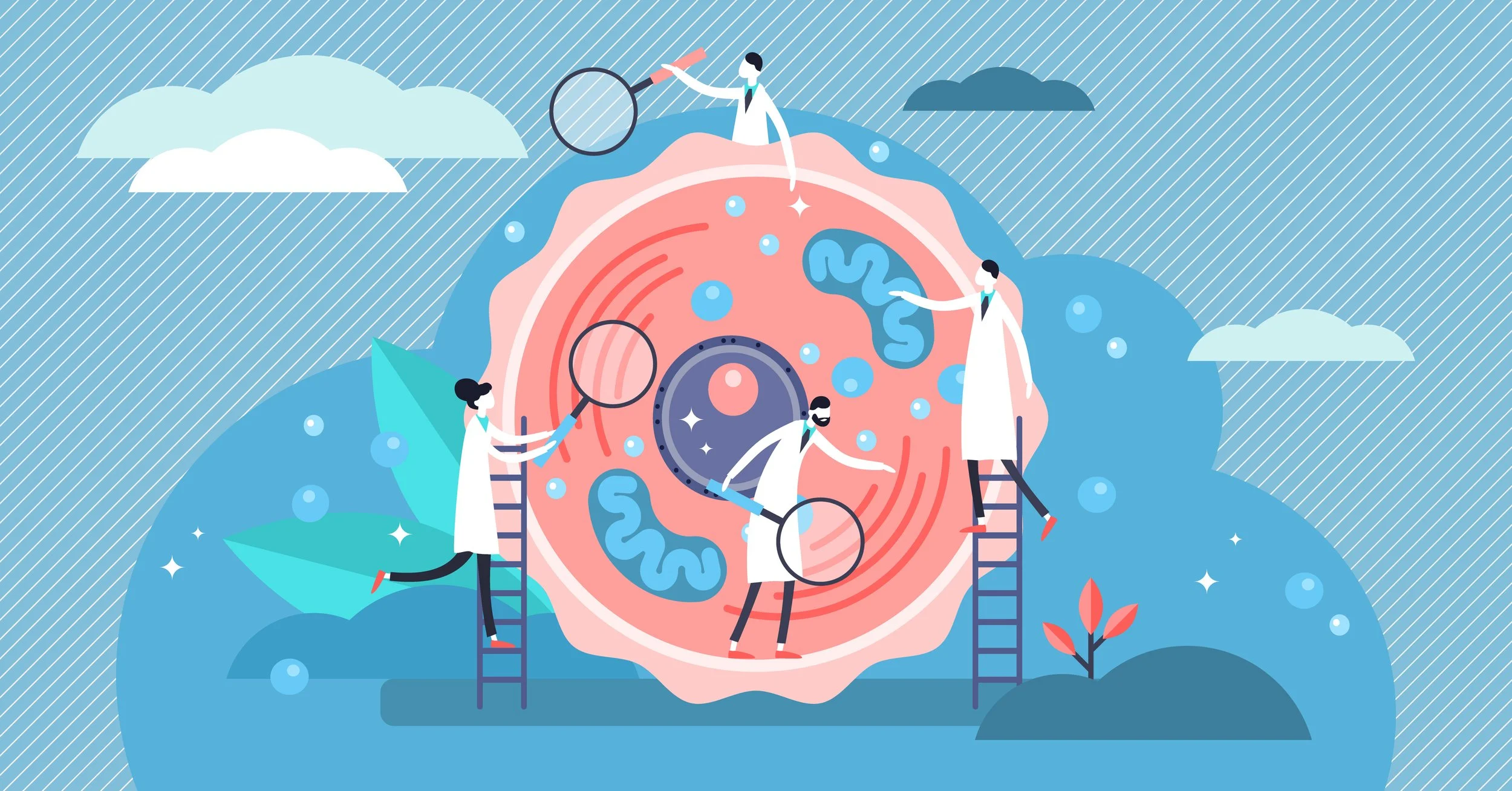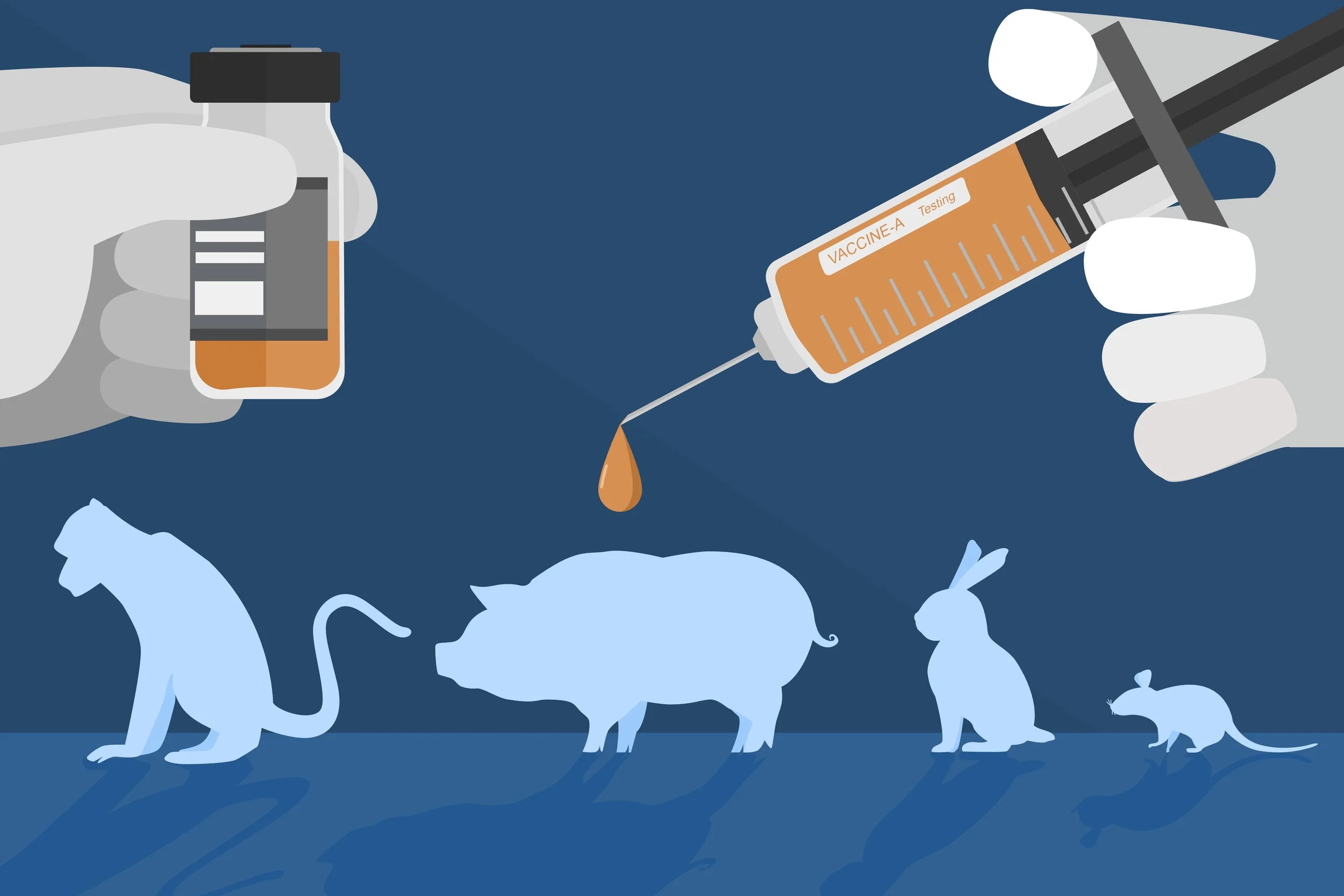Join our longevity conversation on ELONgevity Discord
/We are proud to announce that we are taking our mission to a new platform: Discord. We encourage you to visit our Elongevity Discord and join the conversation. We want to build an incubator for ideas and discussion for people who share our passion for longevity, cryptocurrency and space. And we’d be thrilled to see you there!
Read More



















